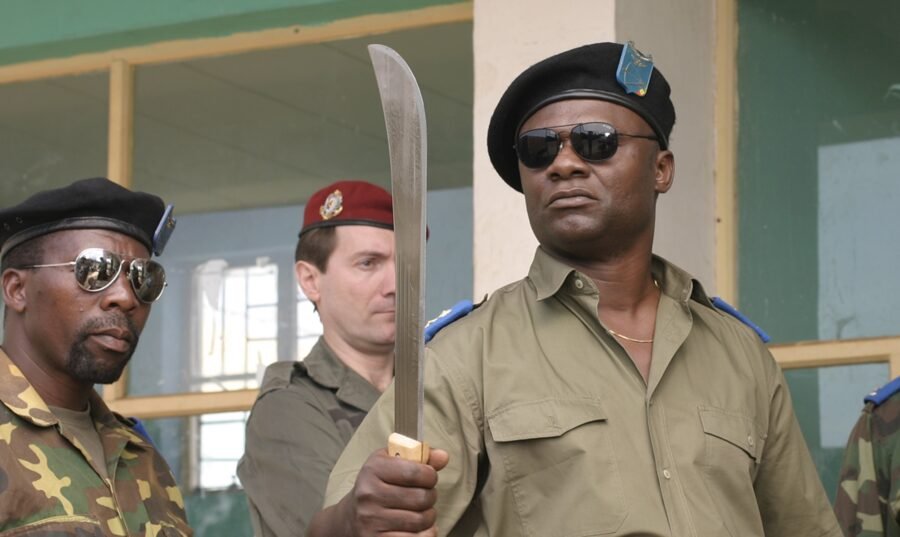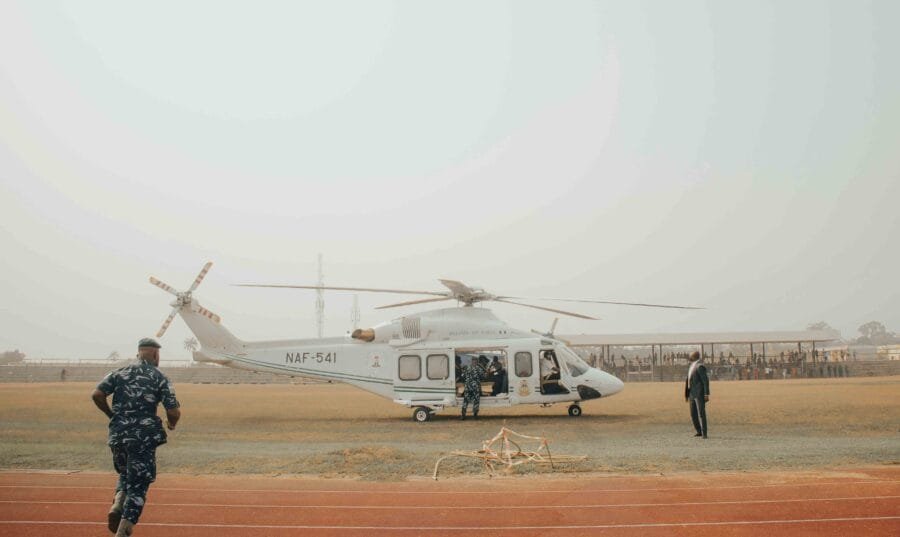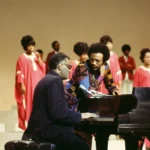Feeling the Gap: Ugochukwu’s Mission to Empower the Boy Child
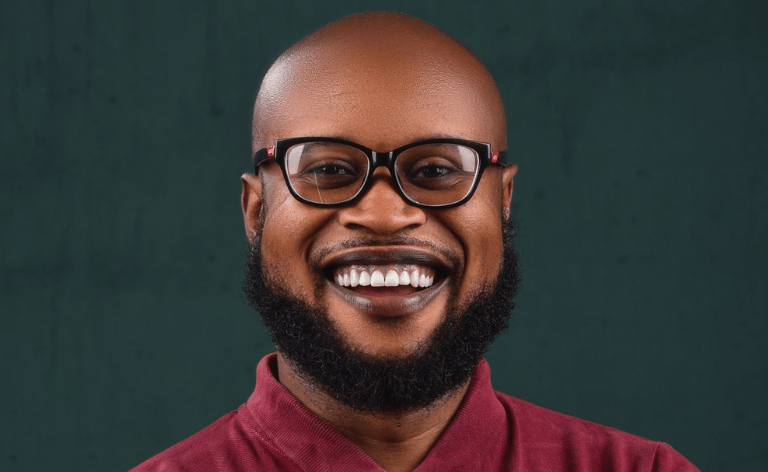
In today’s world, boys often grow up with heavy expectations and stereotypes that shape their lives from a young age. They teach boys to be tough, to hide their emotions, and to fit into rigid roles. This overwhelming pressure can leave many boys without a safe space to express themselves or seek help. Recognising this gap, Ugochukwu Ogbonna felt a strong need to create a supportive environment where boys could thrive. This led him to start “Feeling the Gap,” an initiative dedicated to helping boys navigate these challenges and become confident, responsible men. In an enlightening conversation, Ugochukwu shares the inspiration behind his initiative, its milestones, challenges, and significance in the African context.
The Birth of an Initiative
“Feeling the Gap came first as a strong burden based on what I had observed and experienced,” Ugochukwu begins. Growing up, he saw firsthand the immense pressures placed on boys to conform to specific roles and behaviours, often without any support system to help them navigate these expectations. These observations were the seeds that eventually grew into the vision for “Feeling the Gap.” He noticed a dire need to create a safe space for boys to discuss their roles and responsibilities, an often overlooked aspect. This neglect motivated him to take action and form a team dedicated to addressing these issues.
Launching the Vision
The initial steps to bring “Feeling the Gap” to life involved extensive discussions and meticulous planning. “Conversations are quite important, but if these conversations do not translate to the tangible, how does one effect change?” Ugochukwu reflects. He reached out to professionals in the social community space and assembled a dedicated team. The rigorous process involved countless hours of brainstorming and strategising to ensure the initiative would be impactful and sustainable. Choosing the right name for the organisation was crucial, and “Feeling the Gap” perfectly encapsulated their mission.
Achievements and Milestones
Despite being over a year old, “Feeling the Gap” has made significant strides. “We have hosted teenage boys around the table and inculcated them with the necessary tools to become better men,” Ugochukwu proudly shares. The initiative has also gained visibility with a feature on reputable platforms like United People Global. These milestones show the impact “Feeling the Gap” is making in the community. They have organised workshops, seminars, and mentorship programs, providing boys with essential life skills and a supportive network.
Furthermore, feedback has been a vital measure of the initiative’s success. “Over the last year, we have received positive feedback, especially from parents and guardians, who have noticed changed behavioural patterns in their boys’ lives,” Ugochukwu notes. These positive stories of transformation highlight the benefits of providing boys with the proper support and guidance. The real-life changes in these boys’ lives ultimately validate the initiative’s efforts.

Overcoming Challenges
Running a nonprofit comes with its set of challenges. “Nonprofits targeted towards the male child are fairly smaller and newer than most demographics, so there is usually indifference when we extend arms of partnerships with other organisations,” Ugochukwu explains. Despite these hurdles, “Feeling the Gap” has persevered, thanks to its team’s dedication and community support. Securing funding and resources has been particularly challenging, but the team’s determination has seen the initiative through tough times. The team has had to be resourceful, often stretching limited resources to meet the growing needs of their programmes. Yet, every challenge has only strengthened their resolve and commitment to their cause.
Collaborations and Partnerships
Partnerships have played a crucial role in the initiative’s success. “We have partnered with other organisations recently, and these collaborations have greatly benefitted us in many ways,” Ugochukwu says. These partnerships have provided funding sponsorship and strengthened interpersonal relationships, enhancing the initiative’s reach and impact. Such collaborations have provided resources and enriched the programme content, impacting the boys’ development more comprehensively.
Sustainability and Funding
Ensuring sustainability is a priority for “Feeling the Gap.” “We have been able to draw up structures that will enhance our chances of sustainability,” Ugochukwu explains. Their annual “To Save the Boy” conference commemorates the International Day of the Boy Child, promoting accountability and visibility. This event has become a cornerstone of their efforts, bringing together stakeholders from various sectors to discuss and address the challenges facing boys today. Personal donors who believe in their mission have also played a crucial role in supporting their financial needs. “God is so kind to us. We’ve had a stream of personal donors who believe in our work, making our sustainability and financial goals quite feasible,” Ugochukwu adds.
Future Plans
Looking ahead, Ugochukwu has both short-term and long-term goals for “Feeling the Gap.” “Our primary concern is consolidating what we have started with the boys in our care,” he states. They plan to raise funds to send boys back to school and provide capital for entrepreneurial ventures. Rebranding and formal registration are also on the horizon to strengthen their organisational structure.
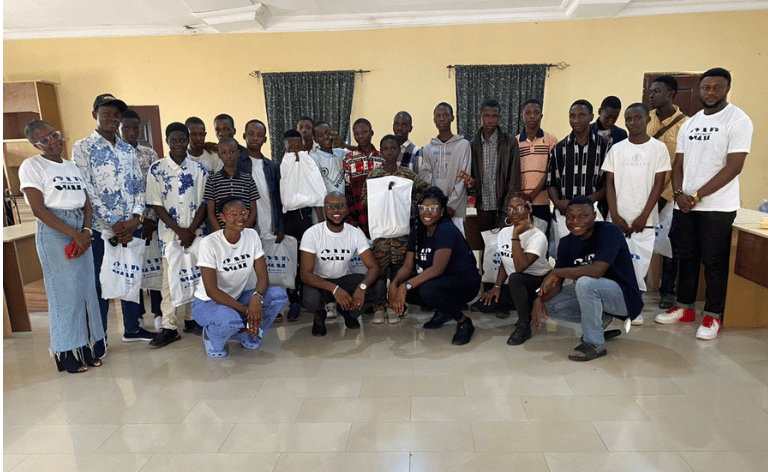
Relevance to African Society
“Feeling the Gap” contributes significantly to African society by reorienting the boy child towards positive masculinity. “Boys trained in values such as respect, responsibility, and education grow into productive and credible members of society,” Ugochukwu emphasises. The initiative upholds traditional African norms that promote healthy and constructive behaviours. In a continent where cultural expectations are often rigid, “Feeling the Gap” provides a refreshing perspective on being a man. They challenge harmful stereotypes and encourage boys to embrace a balanced and respectful view of masculinity. This reorientation benefits the boys and has a ripple effect on their families and communities, fostering a more inclusive and supportive society.
Personal Growth and Lessons Learned
Ugochukwu’s journey with “Feeling the Gap” has been personally and professionally transformative. “It has taught me patience, resilience, tact, and an optimistic view of life,” he shares. Working with diverse opinions has also been a learning experience. For those looking to start similar initiatives, Ugochukwu advises, “Everything is possible – and because you may not initially witness the support you need, it shouldn’t stop you from translating the burden in your heart to the tangible.” He has learned the importance of adaptability and the power of a supportive community. The journey has also reinforced his belief in the power of team action to drive social change.
Ugochukwu’s story proves that one can overcome any obstacle and make a meaningful impact with passion, dedication, and a clear vision. Through “Feeling the Gap,” Ugochukwu Ogbonna addresses the needs of the boy child and contributes to a healthier, more supportive society. As this initiative continues to grow and evolve, it promises to be a lasting force for good, shaping the future of countless boys and, by extension, society at large.
For more information, you can follow Ugochukwu @its_yugee on Facebook and Instagram
Follow Feeling the Gap @feeling_the_gap
Thank you for reading and see you on the next episode of the #NAHWC series. You can read other stories from the series here

